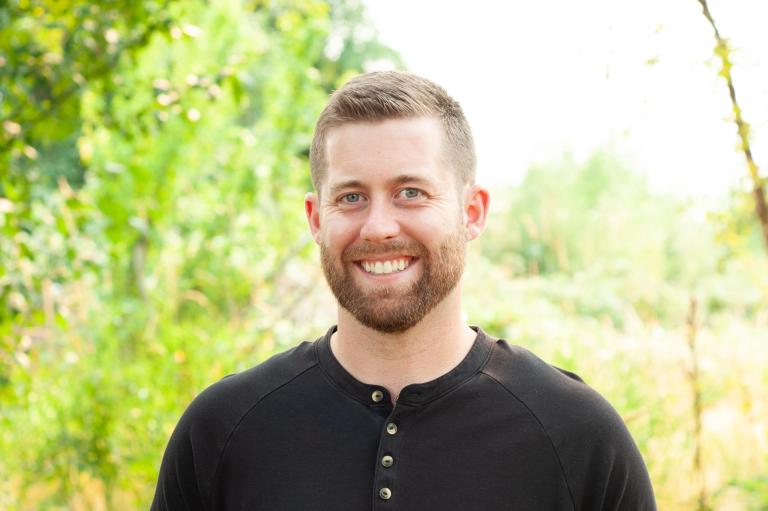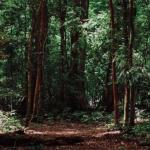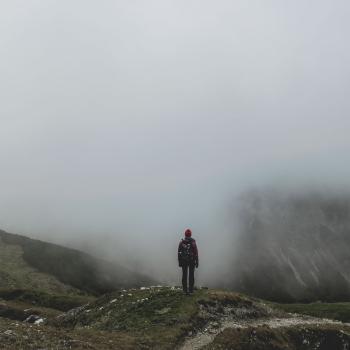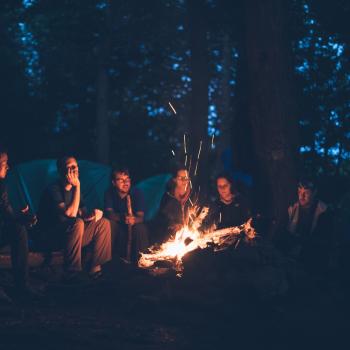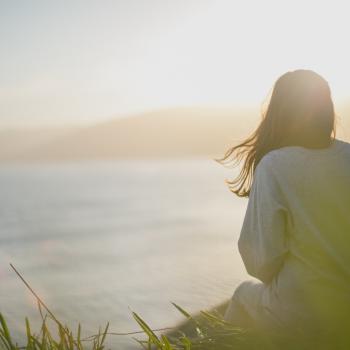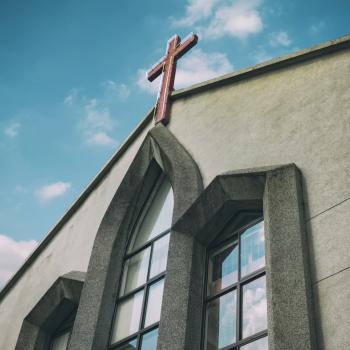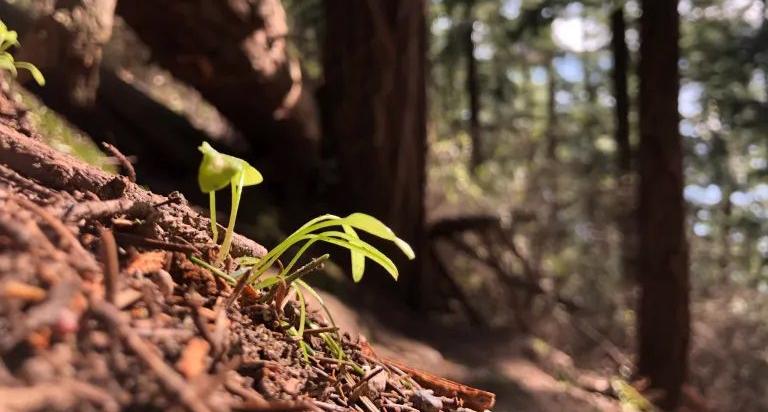
For the past few years, there seems to be an every-present level of heightened anxiety within me. When I mention it to folks, they almost universally agree and share their own stories of this anxiety, be it COVID-related, stemming from White Supremacy, or something else entirely. Many folks I know are simply anxious – there doesn’t seem to be a clear reason: life is the reason.
I feel a sense of this anxiety in my own body when I scan the news and read about the latest political battle. I feel it when I can’t see clear progress on social issues. I feel it, especially as a person working in education, when I come face to face again with the brutal realization that a classroom I’m in could be destroyed in a mass shooting and little to nothing would change.
Meanwhile…
A friend of mine, James A. Pearson, has a poem that speaks deeply to this part of me so constricted with fear. He writes so clearly of this inner anxiety, what he calls the “hornets buzzing in my chest.”
Meanwhile the world’s still doing spring
like nothing’s happening. There was sunlight
on the forest floor today, and the sounds of birds
welcoming themselves home to another place
they still belong. My fear found no corroboration
in the old growth Douglas firs, who seemed
as steady as ever. Not even the swarms
of little hemlocks clawing towards the light
echoed my alarm. They all just let me be there
with all the hornets buzzing in my chest.
Some mirrors are big enough to show you
how even the end of the world really isn’t.
What does it mean to exist in a world that feels so at-its-end, while also recognizing how full of life so much of it really is?
James and I often speak of how we are, as humans, part of the natural world. That despite our desire to stand apart from it as distinct, we too are members of nature. Mary Oliver referred to it as the great “family of things.”
I think about this often – this family of things – and how often it is nature, animals, and the changing seasons that most orient me to understanding my own life: in the winter as I constrict into a hermit with my hot chocolate and learn to sit with myself; or in the summer when I come out of my shell and dance without restraint in the sunshine.
Some of the work, it seems to me, is to recognize that the end-of-the-world energy so many of us carry – this fear and anxiety, among other things – is not the entirety of our human experience. That instead, we can feel such things and mourn for the hurts of the world at the same time as we know that this is not the end. And that it is in our dancing, or the hemlocks clawing, or the Douglas Firs’ steady standing – it is here that hope resides.
An Invitation:
The Journey from Winter to Spring: An Evening with James A. Pearson
Life’s winters can be brutal. If you’ve experienced loss, heartbreak, or failure you know the longing for spring’s renewal to come.
But it doesn’t always come quickly, or easily.
James A. Pearson’s poetry looks at the seasons of life not just as circumstances you’re in, but also as capacities you have within yourself.
Part of you knows how to winter, he says. Just like the trees and the bears and the birds know.
On June 16th, James and I will co-host a free event looking at the hidden invitations of winter, the tender calling of spring, and the journey between the two.
Using poetry, journaling, and conversation you’ll be invited to reflect on the seasons of your own life. And to take the next courageous step that’s yours to take.

